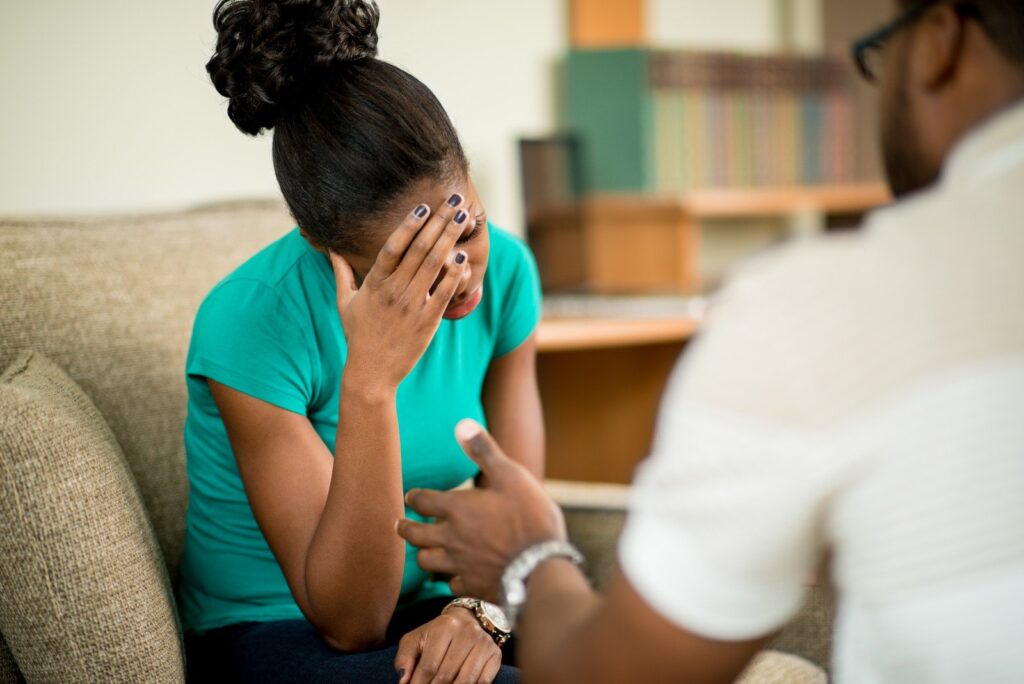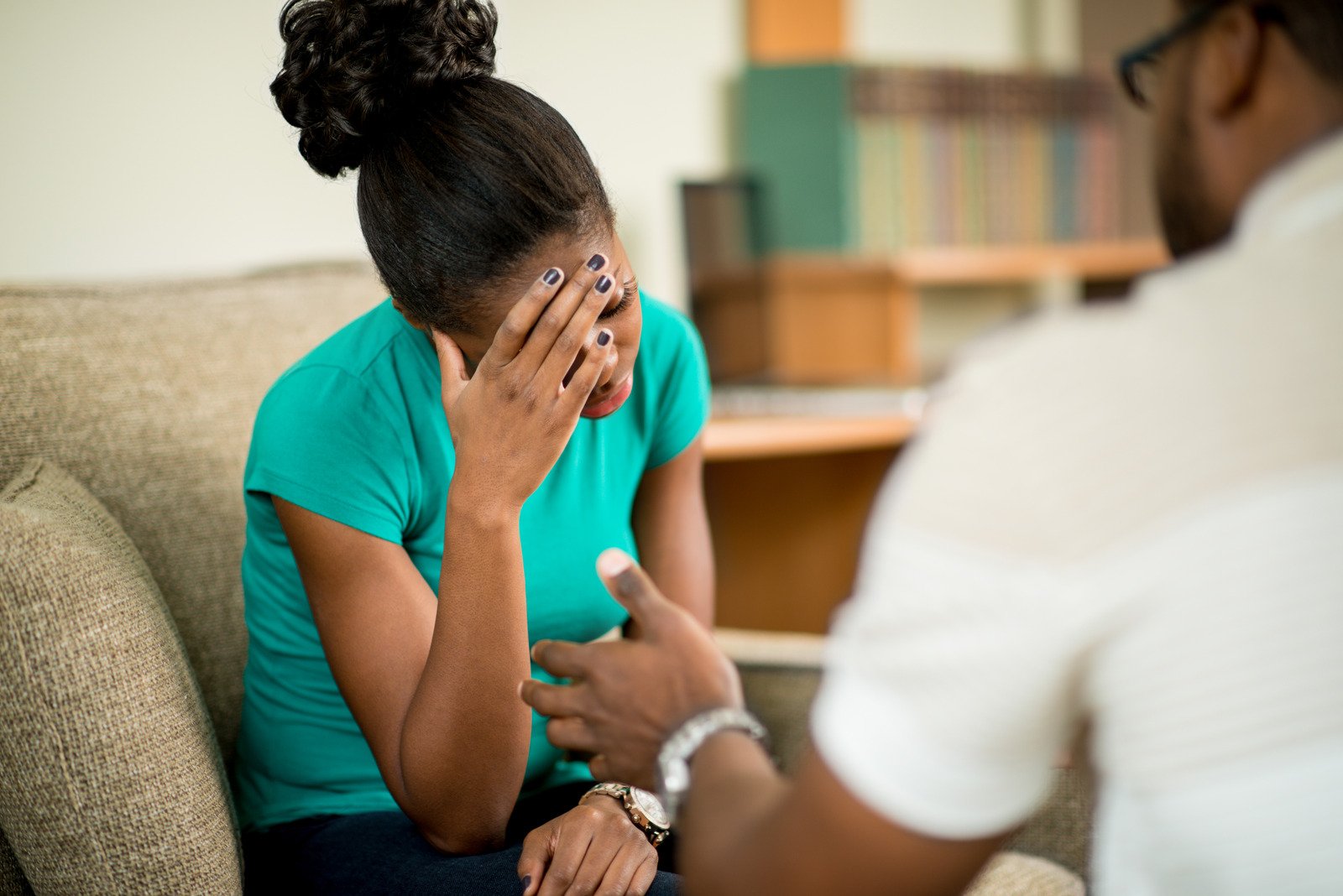
As a parent, the thought of your child experiencing suicidal thoughts or engaging in self-injurious behaviors is heartbreaking. It can feel overwhelming, but knowing the warning signs, understanding when to seek help, and having a safety plan in place can make all the difference in protecting your child’s life.
At Pirate Mind & Body, we are here to support you and your family, offering care and guidance when it’s most needed. If your child is showing signs of distress, don’t hesitate to reach out.
Types of Suicidal Thoughts
Suicidal thoughts can range from fleeting, vague ideas to more specific and immediate plans. It’s important to recognize that these thoughts don’t always look the same. Here are the most common types:
- Passive Suicidal Thoughts – These include wishing to die or thinking the world would be better off without them, but without a specific plan to act. Phrases like “I wish I wasn’t here” may fall under this category.
- Active Suicidal Thoughts – This involves thinking about taking their own life and making plans for how they might do it. These thoughts are more immediate and urgent.
- Self-Injurious Behavior – Some children and teens engage in self-harm, such as cutting or burning themselves, without the intention to die. While not always a direct sign of suicidal intent, it is a serious cry for help and should not be ignored.
Seeking Help
Understanding when to seek help and where to go is crucial. Here’s a guide to help you make that decision:
When to Seek Help at Pirate Mind & Body
- Your child has passive suicidal thoughts but no immediate plan or intent to harm themselves.
- They are engaging in self-injurious behaviors like cutting or burning, but you don’t believe they are at immediate risk of suicide.
- Your child is expressing feelings of sadness, hopelessness, or anxiety, and you want to prevent these feelings from escalating.
In these cases, Pirate Mind & Body has counselors on site who can work with your child to understand their emotions and develop healthier coping strategies. We can provide ongoing support, helping your child manage difficult feelings before they worsen.
When to Seek Emergency Help
If your child is in immediate danger, call 911 or go to the nearest emergency room. Seek emergency care if:
- Your child expresses active suicidal thoughts and has a specific plan to take their life.
- They have access to means of harming themselves (e.g., pills, weapons).
- They’ve attempted suicide or caused serious injury to themselves.
For urgent but not life-threatening situations, consider calling your local Mobile Crisis Team for on-site mental health support. A mental health professional can evaluate your child and determine whether emergency intervention is necessary.
Emergency Resources:
- Suicide and Crisis Lifeline (24/7): Dial 988
- National Suicide Prevention Lifeline: 1-800-273-TALK (8255)
- Mobile Crisis Hotline (Local Support 24/7): 1-800-437-1821
These hotlines are available anytime, offering immediate support and guidance. Don’t hesitate to call if you’re unsure about the severity of the situation.
Creating a Safety Plan
A safety plan is a personalized, step-by-step guide that helps your child manage their suicidal thoughts or self-injurious behaviors. Creating this plan in advance can help both you and your child feel more prepared in moments of crisis. Here’s what a safety plan might include:
- Recognize Triggers – Identify what situations, thoughts, or feelings tend to lead to suicidal thoughts or self-harm urges.
- Coping Strategies – List activities or distractions that your child can turn to when they’re feeling overwhelmed. This could include deep breathing exercises, listening to music, journaling, or going for a walk.
- Contact List – Identify trusted individuals they can reach out to in moments of crisis, such as family members, friends, or their doctor.
- Emergency Contacts – Include local crisis hotlines, the national suicide prevention number (988), and the nearest emergency room.
- Remove Access to Harm – Lock up medications, sharp objects, or anything else that could be used for self-harm or suicide.
We’re Here to Help
If your child is struggling with thoughts of suicide or self-injury but is not in immediate danger, our counselors at Pirate Mind & Body are here to help. We offer a safe, supportive environment where your child can talk about their feelings and learn ways to cope. Early intervention is key, and we’re committed to walking with your family through this challenging time.
Remember, you’re not alone. Reaching out for help is the first and most important step in ensuring your child’s safety and well-being.
